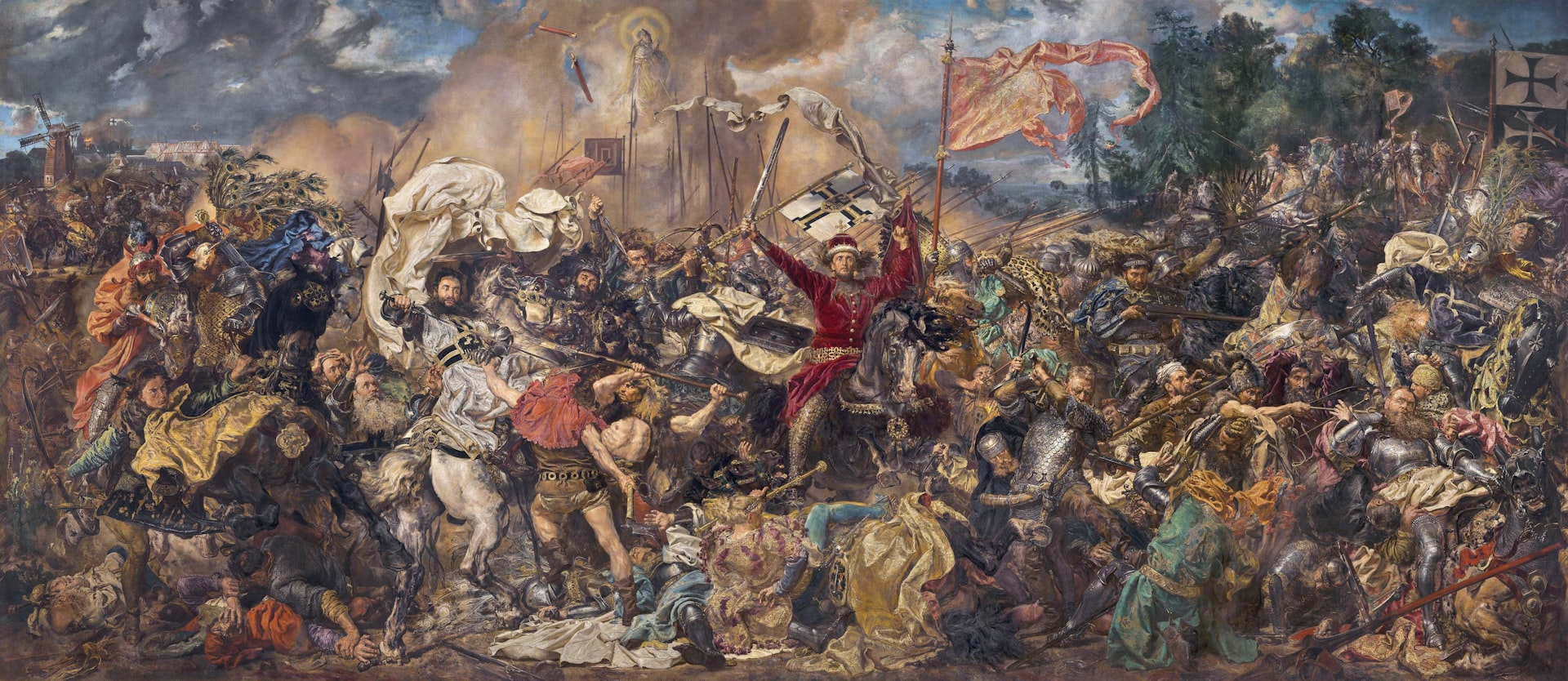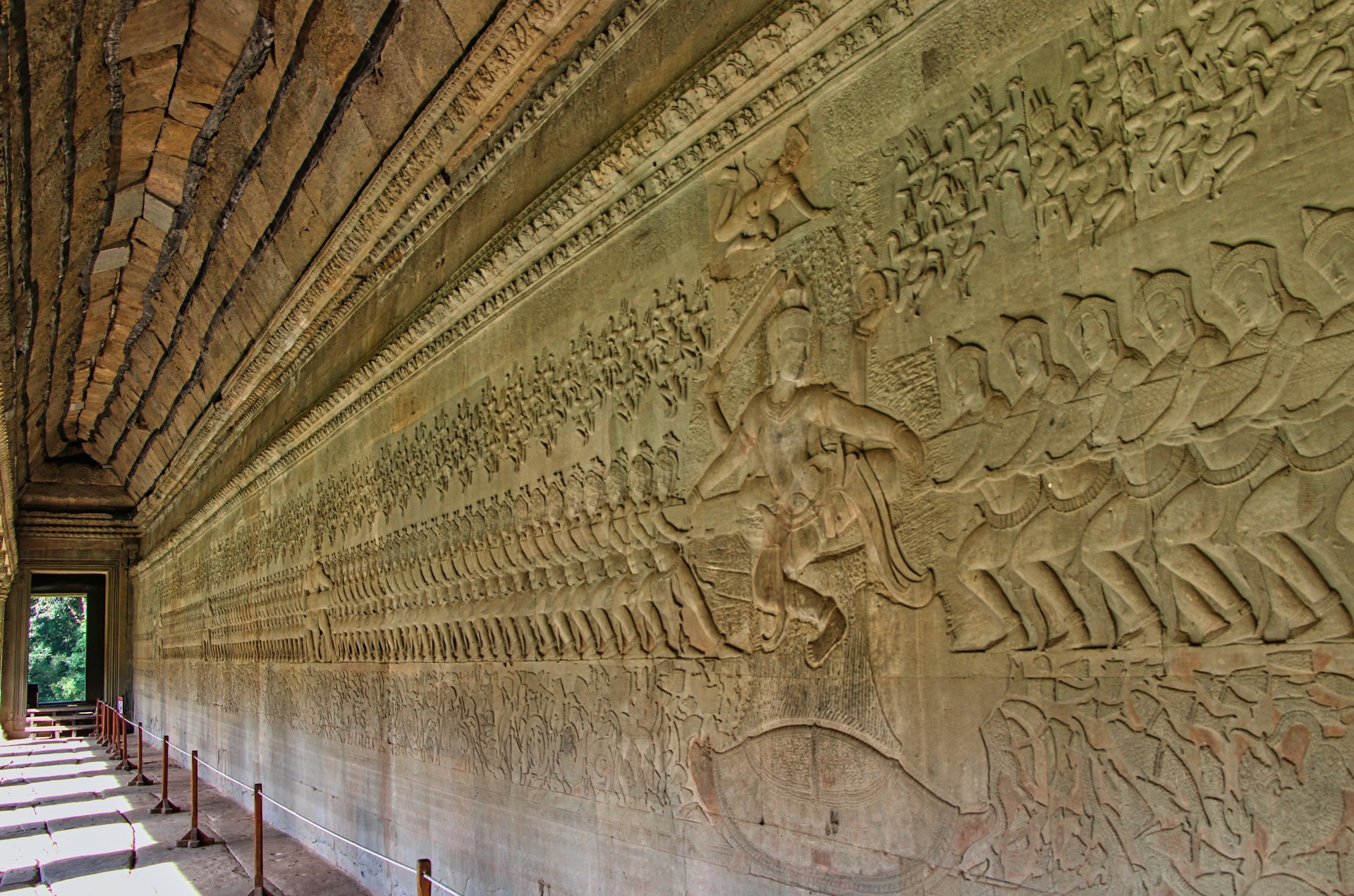Unveiling the Origins: The Enduring Legacy of the First Olympic Games

Photo by Amsterdam City Archives on Unsplash
Introduction to the First Olympic Games
The Olympic Games are celebrated globally as a symbol of athletic excellence and international unity. Yet few realize their roots stretch back nearly three thousand years to ancient Greece. The first Olympic Games are not only a milestone in sporting history, but also an anchor point for Western civilization, marking the start of accurate historical chronology in Greece [1] .
The Birth of the Olympics: Setting the Stage
The inaugural Olympic Games were held at Olympia, a sacred site in the northwestern Peloponnese, in 776 BCE. This year is acknowledged by historians as the first precisely dated event in Greek history, largely because it marks the beginning of official record-keeping for Olympic victors [1] [2] . These games were deeply intertwined with religious festivals, honoring Zeus, the chief deity of the Greek pantheon. The Olympics were part of a larger tradition of Panhellenic festivals, which united the Greek world through friendly competition and religious observance [4] .
Structure and Significance of the Early Games
The first Olympic Games were held every four years, a period known as an Olympiad. This interval became so culturally significant that ancient historians measured time by Olympiads. The festivities spanned five days and included athletic contests, religious rituals, feasting, and social gatherings [1] [2] .
Although myth shrouds the true origins-some legends claim Heracles himself founded the Games-the first historically recorded champion was Koroibos, a cook from Elis, who won the
stade
, a sprint race covering just over 192 meters
[1]
[3]
[4]
. This event was the sole competition in the earliest Games, but the program quickly expanded over subsequent Olympiads.
Main Events and Athletic Expansion
In the centuries following the first Games, the Olympic program grew to encompass a diverse array of events. By the sixth century BCE, contests included foot races of varying lengths, wrestling, boxing, the pentathlon (a combination of five events: wrestling, sprint, long jump, javelin, and discus), chariot racing, and more
[3]
[5]
. Combat sports like
pankration
, which resembled today’s mixed martial arts, were also introduced. The Games continued to evolve, with new events added and discontinued over time, reflecting broader changes in Greek society and athletic practice.
Eligibility, Participation, and the Role of Women
Participation in the earliest Olympics was limited to freeborn Greek men. Athletes competed nude, emphasizing physical prowess and equality among competitors. Women were generally excluded, both as athletes and spectators, due to societal norms. However, notable exceptions existed: for instance, Cynisca, a Spartan princess and horse trainer, became the first woman to win an Olympic event in 396 BCE, not as an athlete but as the owner and trainer of the winning chariot horses [5] . This distinction highlights the evolving attitudes toward women’s involvement in the Games over time.
Rewards, Rituals, and Cultural Impact
Victors at the ancient Olympics were awarded an olive wreath, symbolizing honor and achievement. Unlike other Greek festivals such as the Panathenaia, which offered prizes with monetary value, the Olympic prize emphasized glory and religious significance
[5]
. The Games fostered unity among Greek city-states, as a sacred truce (
ekecheiria
) was declared to ensure safe passage for athletes and spectators. This spirit of peace and cooperation remains a central ideal in the modern Olympic movement
[4]
.
Step-by-Step Guidance: Exploring Olympic History Today
If you want to immerse yourself in the history of the first Olympic Games, consider the following approaches:

Photo by Nathan Wong on Unsplash
- Visit Museums: The Ashmolean Museum offers a rich collection of ancient Greek artifacts, including statues, coins, and casts that depict Olympic athletes and events. Plan your visit by searching for “Ashmolean Museum ancient Olympics” for current exhibits and educational programs [5] .
- Explore Online Resources: Authoritative sites such as Britannica and Ancient-Greece.org provide accessible articles and timelines. Search using terms like “Ancient Olympic Games origins” for targeted results.
- Engage with Academic Research: Many universities and research institutions publish studies and lectures on the Olympics’ historical significance. You may find course materials and recorded talks by searching “Ancient Olympics university lecture” or “Olympic Games history academic research.”
- Attend Special Events: Some museums and cultural organizations host workshops, re-enactments, or lectures on ancient athletic traditions. Search for “Olympic history event” in your area for schedules.
If you wish to access official archives of ancient Olympic victors, you can consult resources from the Hellenic Ministry of Culture and Sports by searching “Olympic victors Hellenic Ministry of Culture” on major search engines.
Challenges and Alternative Perspectives
Studying the first Olympic Games presents certain challenges. Historical records are incomplete, and much of the early information is derived from myth and legend. Scholars caution that while some traditions claim a much earlier origin for the Games, the only verifiable date for their start remains 776 BCE [2] . For those seeking alternative perspectives, explore comparative studies on other Panhellenic festivals, like the Pythian or Nemean Games, to understand how athletic competition shaped ancient Greek society broadly.
Key Takeaways and Continuing Legacy
The first Olympic Games not only marked the beginning of a tradition that endures today, but also laid the foundation for accurate historical record-keeping, intercultural exchange, and the celebration of human achievement. Their evolution-from a single sprint race to a vast festival encompassing diverse events-reflects the enduring spirit of competition and unity. The legacy of the Games continues to inspire athletes and fans worldwide, reminding us of the power of sport to build bridges across cultures and generations.
References
- [1] Ancient-Greece.org (n.d.). Olympic Games History.
- [2] Britannica (2024). Ancient Olympic Games | Greece, History, Events, Running, & Facts.
- [3] Wikipedia (2024). Ancient Olympic Games.
- [4] Metropolitan Museum of Art (n.d.). The Ancient Olympics and Other Athletic Games.
- [5] Ashmolean Museum (n.d.). The History of the Olympic Games.



